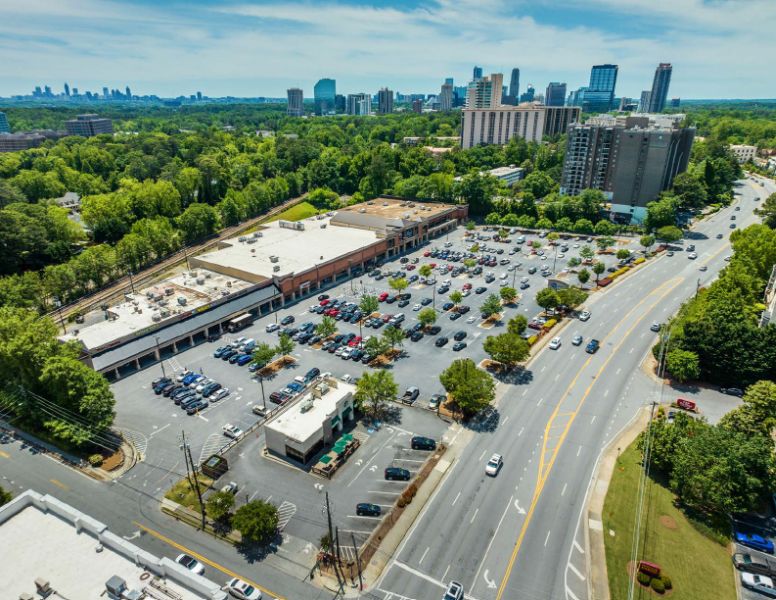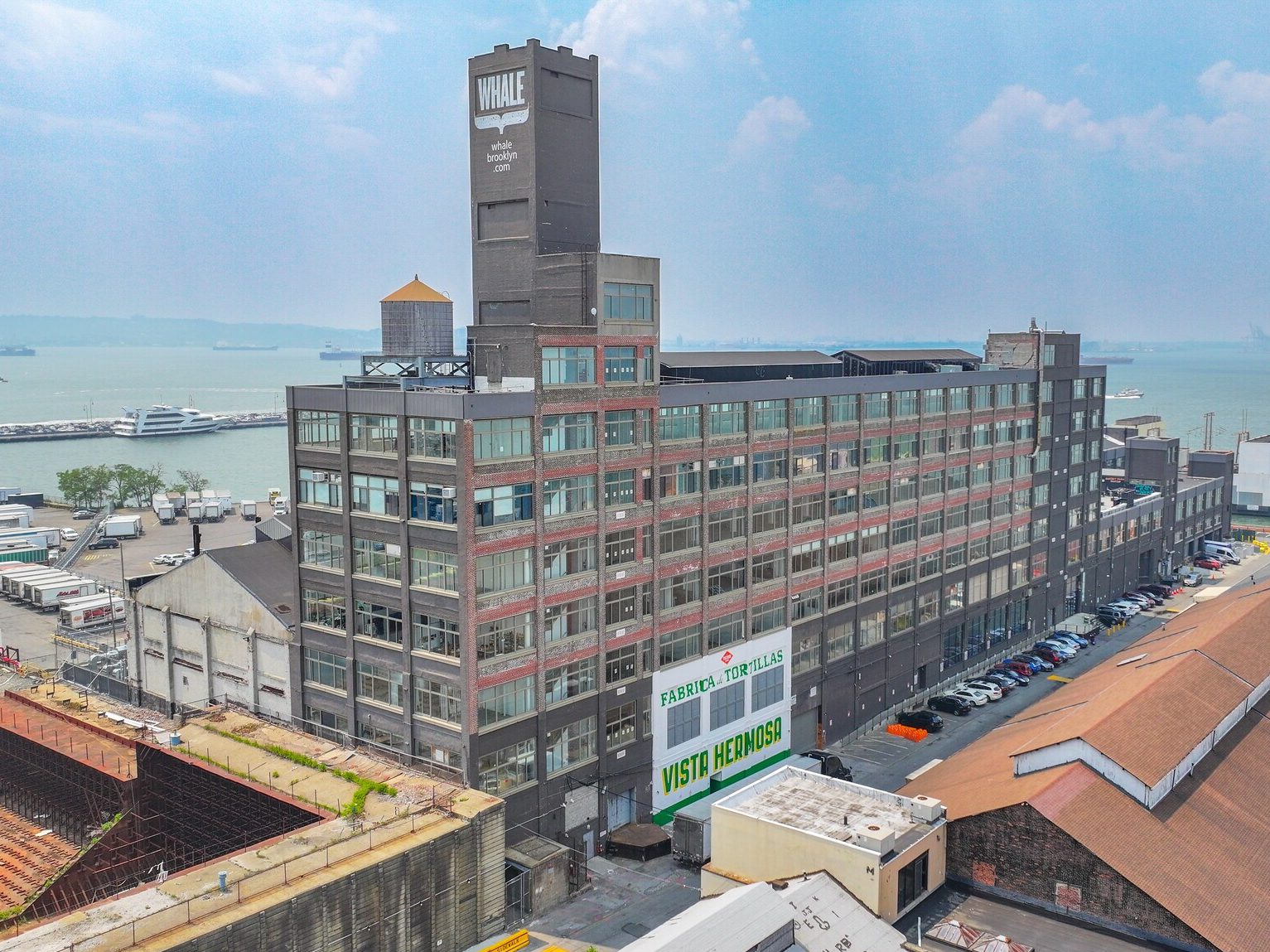How to Underwrite Real Estate Acquisitions During Volatile Markets
The current climate of disruption offers a prime opportunity to retool strategies and prepare for the recovery, writes Cameron Ghassemi of Shopoff Realty Investments.
In the wake of the COVID-19 pandemic, aka “the black swan event of 2020,” and the subsequent economic uncertainty that it has triggered, real estate investment managers and operators must reassess risk, and accordingly recalibrate their respective underwriting metrics.
Capitalization rates are intended to encapsulate and reflect appropriate risk premiums above a base rate. However, the rapid spread of the coronavirus has inhibited the ability to accurately assess and predict short-term and long-term risk premiums across all asset classes. This will require a wider margin of safety when deciding whether to purchase an asset in the current climate.
The scale of the economic impact on various components of the real estate sector is still unclear, but prudent real estate investment managers and underwriting teams, across all geographies and asset classes, are giving critical thought towards understanding potential behavioral changes. As they may ultimately outlast the public health crisis, evaluating these changes will allow us to better comprehend the ultimate ramifications on the real estate industry.
Certain preexisting trends such as e-commerce and telecommuting, may now see accelerated rates of adoption, whereas other trends like traditional retail, co-working and other shared economies, may decelerate. This means potential shifts in consumer demand equate to shifts in investor demand, which can directly affect asset values.
As such, arriving at an appropriate risk premium to account for both the short-term and lasting unknowns derived from the pandemic is paramount. A real estate investor’s objective is to predict where the market will be and to act accordingly. That ability to “see where the puck will be” is complicated by the current market conditions.
By both necessity and nature, leading real estate operators and investment managers across the risk spectrum continuously strive towards proactively creating new, as well as adjusting in-place, risk management strategies, in an effort to achieve outsized risk-adjusted returns. COVID-19 has now further accentuated the need for real-time and dynamic property-level, portfolio-level and even corporate-level strategic changes, regardless of economic shock geometry (i.e. V-shape, U-shape, L-shape, etc.).
Since the pandemic affects every real estate asset uniquely and a universal playbook does not exist, real estate investment managers and operators will need to concurrently and proactively be ready for both unique opportunities, as well as resulting challenges.
Real estate underwriting teams will be required to model scenarios encompassing likely shocks to demand, supply chains, capital markets and disposition disruption. This will allow them to determine various potential economic markers, in order to make prompt and measured risk assessments. Moreover, all alternative or nontraditional cash flow streams to supplement or replace lost revenue must be considered and underwritten. Underwriting acute pressure scenarios with wide ranging sensitivities can help to illustrate how much risk vulnerabilities each asset intrinsically carries, which variables are addressable and potential action plans for mitigation.
While the cause and effect of each period of economic contraction varies, underwriting teams must nonetheless carefully study the evolution and lessons learned of previous recessionary episodes in order to have a reference and library of best practices and risk mitigation tools. Moreover, as with other fundamental underwriting shifts that were brought about by the 2008 global economic crisis and other historical periods of high economic volatility, firms and their underwriting teams will also need to provide for a higher level of insulation and resistance, relative to short term cash flow declines, periods of weakened demand for space, and other recessionary factors.
Additionally, an enhanced premium must be placed on assets that allow for a plurality of real estate investment exit options, duration and hold periods, capital stack permutations, and finally, towards business plans that allow for multiple operational strategies.
Prudent real estate investment firms and managers will need to engage all members of the organization from underwriters to project and asset managers as well as the capital markets team. This will allow firms to collectively formulate and generate a vast amount of underwriting and business plan scenarios, based on flexible entitlements or asset management techniques. In relative short-order, these plans can then be adjusted or modified based on micro and macro shifts in demand levels, capital market conditions, phasing requirements, municipality dynamics & exit strategies (i.e. rental vs for-sale).
Moreover, all contract negotiations will now require greater than usual strategic bilateral synchronization with underwriting teams. This collaboration can provide customized, unique structures and solutions, which allow for maximum flexibility and capital preservation, as well as protection while concurrently achieving the desired key objectives of all parties involved.
Whether it be via large scale demographic shifts, major behavioral changes in how individuals work, live, play and shop, or via an unforeseen “black swan” pandemic, disruption to every asset class is inevitable. As was once said by Winston Churchill, one should “Never let a good crisis go to waste.”
It is key to use these rapid shifts and periods of industry chaos to review and question strategies, underwriting, methodologies, assumption sets, fundamental risk mitigation tactics and ability to pivot in response to rapid micro and macroeconomic shifts. In conclusion, the current climate of economic and industry chaos can serve as a great retooling period in order to make innovative steps for the recovery, and to thrive in an ever-turbulent business climate. There will be opportunity—the question is will you be ready to spot it when it comes your way?
Cameron Ghassemi is a member of the Management Team at Shopoff Realty Investments, acting as Vice President of Acquisitions. Ghassemi has more than 15 years of experience in various real estate & finance roles, successfully contributing in the underwriting, acquisition, entitlement, management & disposition of real estate, including office, retail, industrial, multifamily & single-family residential, with an aggregate value in excess of $1 billion.








You must be logged in to post a comment.